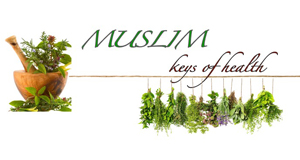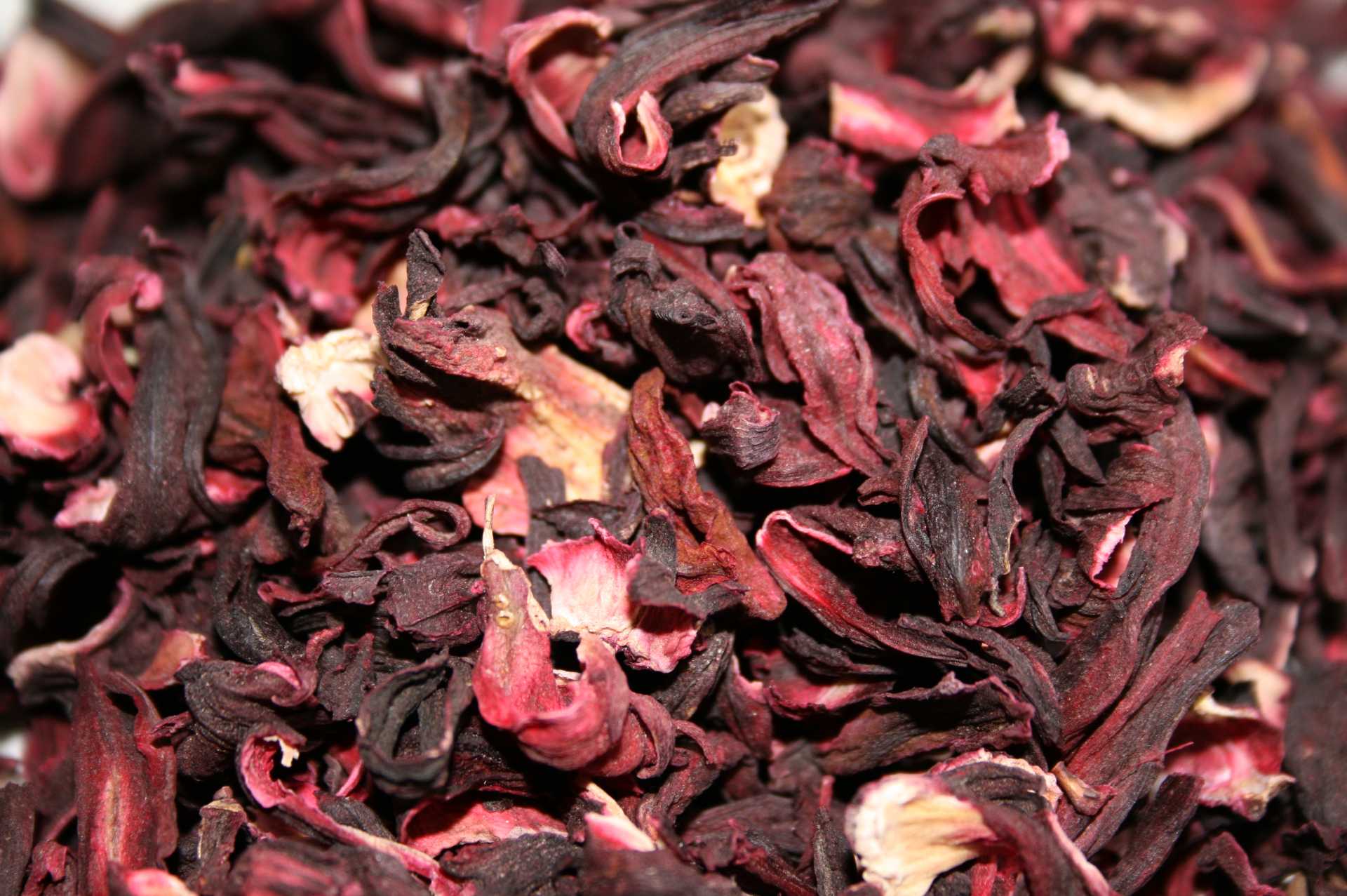HIBISCUS
Hibiscus tea is ruby red in color and has a delicious tart taste, flavor similar to cranberry. It is widely available in the market throughout the tea-drinking world and can be consumed hot or cold depending on your preference. This tea is low in calories and is caffeine-free. It is high in Vitamin C, antioxidants, and trace minerals.
Hibiscus tea is prepared by boiling parts of the hibiscus plant, known by its scientific name Hibiscus sabdariffa, particularly the flower. Its flower is also known as Roselle in some places.
BENEFITS OF HIBISCUS
Some of the benefits of hibiscus include:
- Helps manage blood pressure
- Helps improve overall cardiovascular health
- Lowers cholesterol
- It protects and detoxes liver
- It has anti-cancer properties; especially effective for colorectal cancer
- It is high in anti-inflammatory and antibacterial agents
- Relieves menstrual pain
- It acts as an anti-depressant
- Weight loss aid
- Improves digestion
- Hydrates the body and quenches thirst
- Effective for curing urinary tract diseases
- Improves blood circulation
- Provides relief from asthma, sore throat, and hiccups
- Boosts immune health
- It is beneficial for skin health
A WORD OF CAUTION
Although hibiscus tea is full of medicinal benefits, it has side effects that you should be aware of:
- Blood Pressure: The health benefits of hibiscus tea include reducing blood pressure (anti-hypertensive property). Therefore, it is not recommended for people who already have low blood pressure or it may cause faintness, dizziness, and can even damage the heart or brain.
- Pregnancy and Fertility: Hibiscus tea is not recommended for pregnant women due to its emmenagogic properties which may stimulate menstruation or blood flow in the uterus or pelvic region.
- Hormonal Treatment / Birth Control:For those undergoing hormonal treatments or taking birth control pills, it is recommended to consult your health specialist before consuming hibiscus tea.
- Hallucinatory Effect: Some people may feel intoxicated or experience hallucination after drinking hibiscus tea. Therefore, be cautious until you know how your body reacts to the tea. Don’t drive a car or try anything particularly dangerous until you know what its effects are on your system. Always start off with small quantities and increase the dosage gradually.
- Allergy:Some people develop allergic reactions such as itchy red eyes, sinus or hay fever when consuming hibiscus tea.
HOW TO BREW A PERFECT CUP OF HIBISCUS TEA
Ingredients
- 1 teaspoon of the dried herb.
- 1 cup of water
Method
- Bring water to full boil.
- Pour the water over the herb and cover the container.
- Infuse for 10 minutes.
- Drink hot or cold.
- Add honey,lemon, mint or basil leaves for added flavor and benefits.
- Enjoy!

